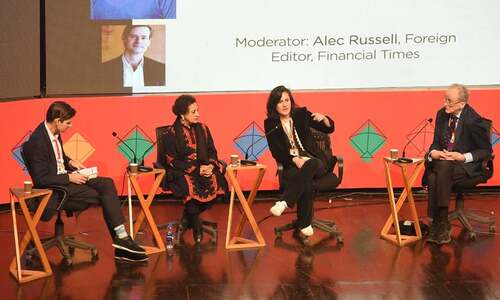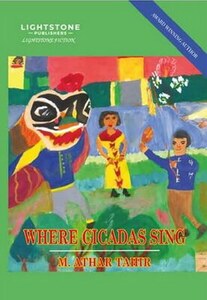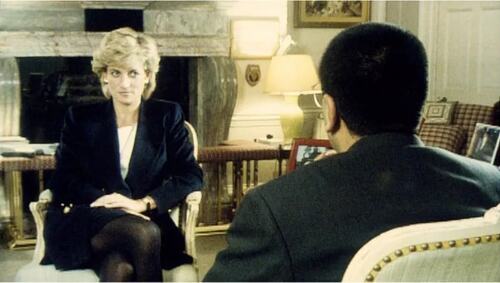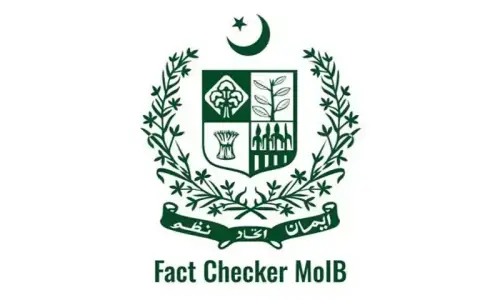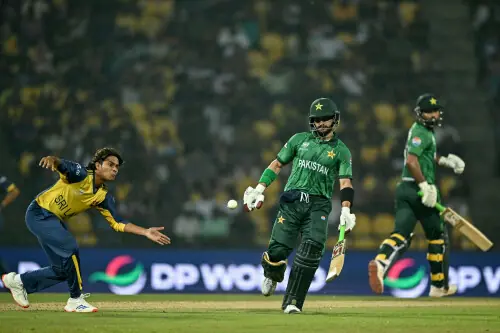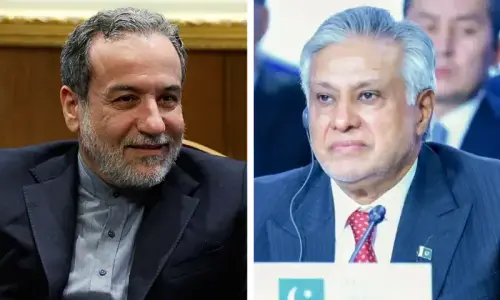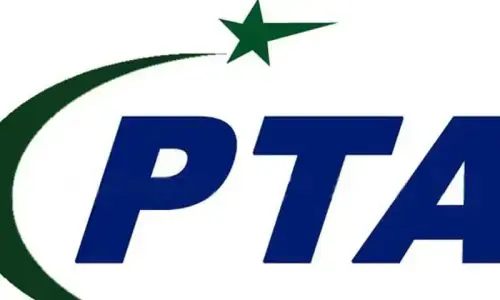
Art has the large embrace and inherent capacity to divulge complex emotions. It can rise above the mundane to make it sublime when at the same time it is delving deep into the most commonplace happenings and events. When the history of the vanquished is written by the victor, art can disrupt the narration of one-sided facts by creating a new universe that elates the vanquished and ridicules the victor.
Every artist is both a tramp and a trickster. The greater the artist, the larger her wanderlust and the bigger her desire to unsettle what others around her want to see ordered — be it behaviour patterns, conventional institutions, social preferences or political ideologies.
Saqi Farooqui, one of our most inventive poets in Urdu, once told me he was as committed to socialism as an economic system as he was committed to dismantling the literature produced under its name. He may well be using a broad brush here. But as human nature goes, once you begin to dismantle their writings, you simultaneously demolish writers. Hence, we see camps of poets and writers aided by their pet literary critics throwing barbs at each other. One camp calls the others callous and those who are considered callous call their adversaries agenda-driven. But any genuine artist will always muddle these lines, knowingly or unknowingly, and create her own universe. In fact, Farooqui himself has written some heart-wrenching poems where human suffering and remorse leave a greater impact on the reader than the slogan-mongering lesser poet versifying his clamour for revolution.
Some of our leading poets and writers from the last century transcended the acquired literary theory of social realism that they had adopted under the influence of the Soviet Union and the Chinese revolution. From Krishan Chander and Ahmed Ali, to Faiz Ahmed Faiz and Makhdoom Mohiuddin, all believed that socialism would liberate humankind from centuries of oppression and subjugation. However, in some of their most important works, they completely muddle the clarity introduced by their established political platform and preferred literary theory.
Perhaps with the benefit of hindsight we can say that for some poets and writers from the previous century, it was their allegiance to different literary and/or political organisations that set them apart, rather than their personal artistic inclinations. But how does it matter today that Noon Meem Rashid had little to do with the organised group of Progressive writers, but composed poems such as ‘Roshni Se Dartey Ho?’ [Are You Afraid of the Light?]. And what difference does it make to a reader’s appreciation of Chander’s or Saadat Hasan Manto’s ability to capture the human tragedy of their lives that one described himself as politically motivated and the other didn’t?
The comprehension and treatment of Allama Muhammad Iqbal by those subscribing to Progressive ideas and liberal values has always interested me. If the person comes from a purely intellectual background or is a committed left-wing political worker, s/he will undeniably criticise Iqbal for social orthodoxy and reactionary religious symbolism. But the response of the artist from the Progressive camp has remained different. For instance, Faiz composed a lyrical poem in Iqbal’s praise, while Ali Sardar Jafri wrote a book of critical appreciation to contextualise and understand Iqbal’s work better. In this case, both Faiz and Jafri couldn’t care less about what their comrades grounded in politics or philosophy or sociology or economics would think of them.
Finally, no less intriguing is the devotional poetry of Josh Malihabadi for Imam Hussain — an ultimate symbol of Islamic faith for many of us — and for the Imam’s companions who fought for him at Karbala. A scion of revolutionary socialism and professed sceptic, Josh, in his marsiya [elegy] ‘Hussain Aur Inqilab’ [Hussain and Revolution] muddles the lines between defiance, struggle, sacrifice and mourning without compromising his radicalism and love for revolution.
The writer is a poet and essayist based in Islamabad
Published in Dawn, Books & Authors, October 1st, 2017

